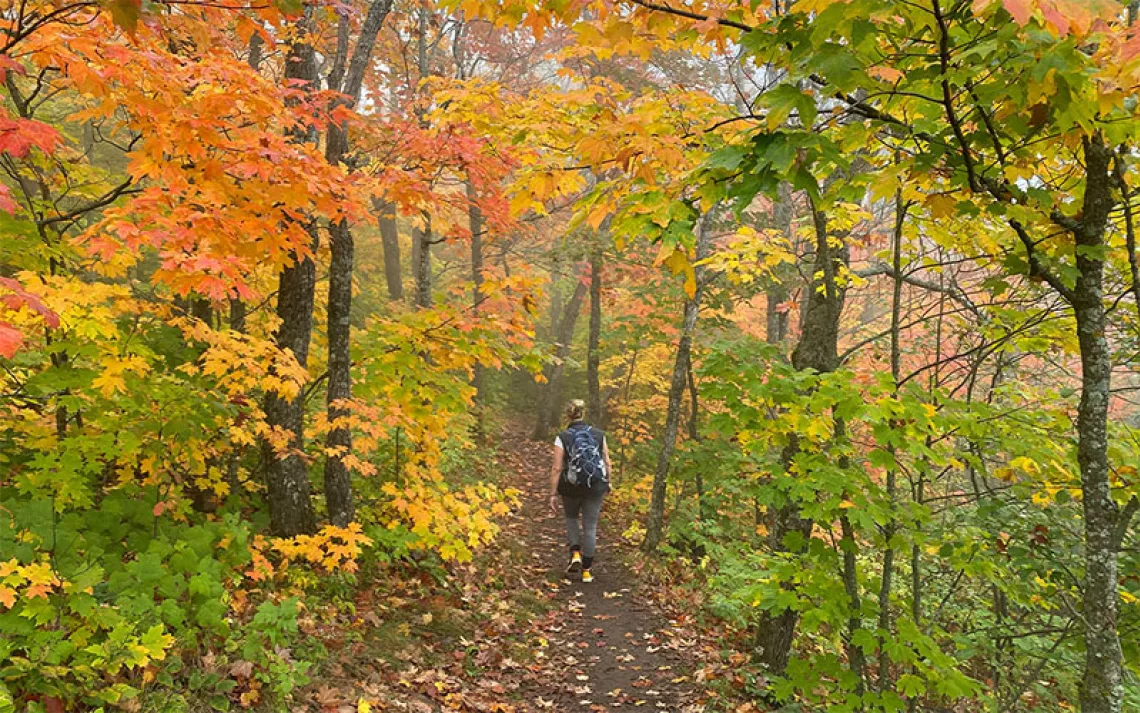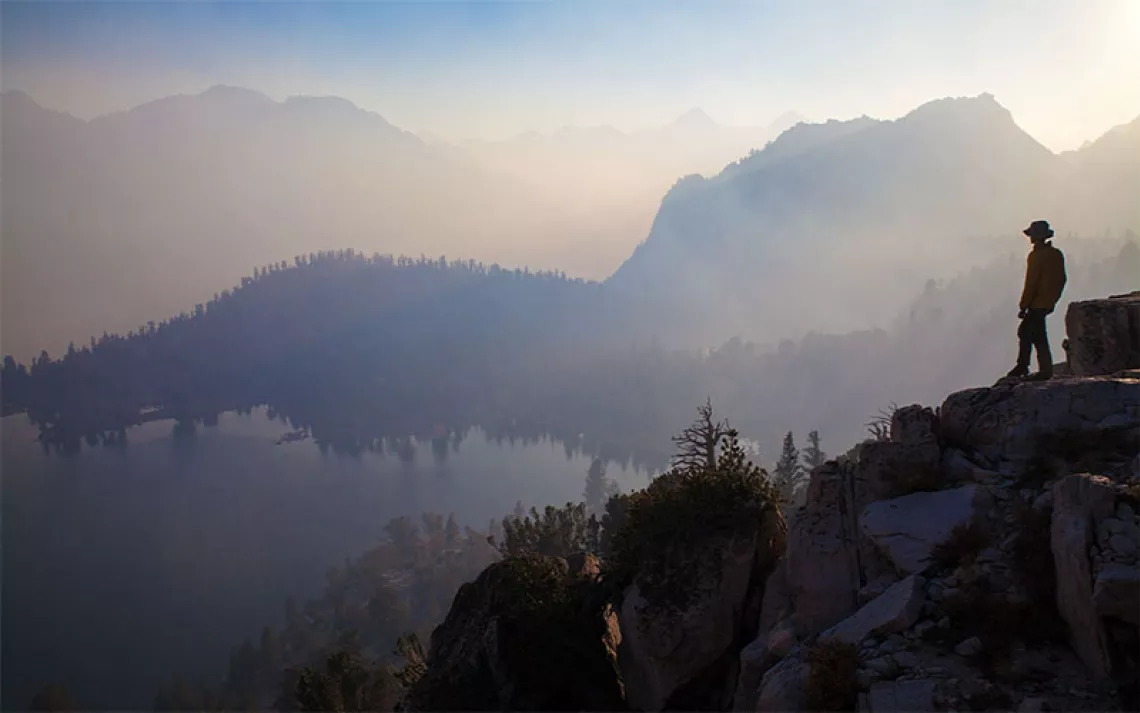How the National Park Service Celebrates Martin Luther King Jr.
Not only are entrance fees waived, but also five sites specifically honor the civil rights leader

The birthplace of Martin Luther King Jr. | Photo by Branden Camp/Associated Press
In honor of civil rights hero Martin Luther King Jr.'s birthday, all 423 National Park Service sites will waive entrance fees on Monday, January 17—marking the first fee-free day of 2022. The annually commemorated MLK Day is also the Park Service's sole official day of service, during which hundreds of volunteers across the country participate in service projects. You can honor King's legacy through a range of NPS volunteer opportunities or simply learn more about the pursuit of civil rights in America.
Here are five places that'll make for a particularly resonant visit on MLK Day.
Martin Luther King Jr. National Historical Park
Head back to Atlanta, Georgia, where his life began. First designated in 1980, Martin Luther King Jr. National Historical Park (part of which is pictured above) includes 22.4 acres and 35 different properties that were influential in the birth, upbringing, and legacy of one of America’s most pivotal historical figures. These sites, originally included in the National Historic Site or National Historic Landmark listings, were expanded and designated thanks to a bipartisan bill long championed by John Lewis and signed on January 8, 2018.
Visitors can tour the home where King was born and take a three-minute stroll to visit the Historic Ebenezer Baptist Church, where he was a pastor, and his grave site along with that of his wife, activist Coretta Scott King, at the King Center for Nonviolent Social Change. Other highlights include an 1894 firehouse (Fire Station No. 6), which served Atlanta’s Sweet Auburn community until 1991 and now contains a gift shop and an exhibit on desegregation in the Atlanta Fire Department. Don’t miss the "I Have a Dream" International World Peace Rose Garden—one of only five such peace gardens in the world—and a memorial tribute to Mohandas K. Gandhi.
Martin Luther King Jr. Memorial
Located in our capital’s National Mall, the Martin Luther King Jr. Memorial was the 395th site added to the National Park Service, in 2011. The four-acre park is located at 1964 Independence Avenue SW in Washington, DC, a nod to King’s work in shaping the 1964 Civil Rights Act.
Most prominent in the park is the Stone of Hope, a 30-foot-high granite statue of King that overlooks the Tidal Basin and cherry trees that bloom during the anniversary of his assassination.
Lincoln Memorial
As you depart the MLK Memorial on the National Mall, stop by the nearby Lincoln Memorial. Eighteen steps from the top of the memorial, an inscription marks the exact location where King delivered his foundational “I Have a Dream” speech in 1963. The marker was placed in 2003, allowing visitors to look out across the Mall and reflect on the enormous impact of one man’s words.
Selma to Montgomery National Historic Trail
Visitors to Alabama’s Selma to Montgomery National Historic Trail can start by crossing the Edmund Pettus Bridge in Selma to visit the Selma Interpretive Center, which houses great exhibits on King’s life and legacy and the Selma march. (Also plan to stop at the halfway point between Selma and Montgomery, marked by the Lowndes Interpretive Center.) The 54-mile trail preserves the route where the civil rights leader marched with activists on March 21, 1965. It was King’s third attempt to march—a previous foray erupted into a brutal attack on movement leaders now known as “Bloody Sunday.” But ultimately, King’s march was victorious and momentous—nearly 25,000 people arrived at its final destination in Montgomery on March 25, 1965.
Birmingham Civil Rights National Monument
Also in Alabama, the Birmingham Civil Rights National Monument is another national park unit with direct ties to King's life and legacy. Established in 2017 by President Obama, the site preserves four city blocks central to the civil rights movement in Birmingham.
Walk the neighborhood that became a tour de force throughout the civil rights movement—the 16th Street Baptist Church, 4th Avenue Historic District Sites, and the Birmingham Civil Rights Institute. You’ll pass locations like the A.G. Gaston Motel, where King and others were headquartered during the 1963 Birmingham campaign.
 The Magazine of The Sierra Club
The Magazine of The Sierra Club



